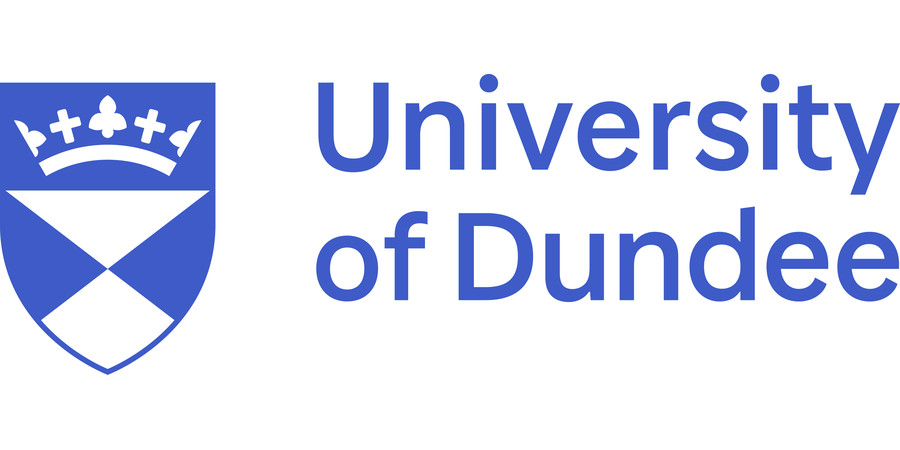Postdoctoral Research Assistant - MRC PPU - UOD1990
University of Dundee - Biological Sciences
| Location: | Dundee |
|---|---|
| Salary: | £37,174 to £39,355 per annum. Grade 7 |
| Hours: | Full Time |
| Contract Type: | Fixed-Term/Contract |
| Placed On: | 28th August 2025 |
|---|---|
| Closes: | 2nd September 2025 |
| Job Ref: | 5656 |
Contract type: Fixed-Term / Full-time
We are recruiting a postdoctoral researcher to take up a position within the Swamy group in the University of Dundee, to investigate the molecular function of the PIM kinase control of human T cell function in autoimmune disease. This is a fixed-term appointment for 2 years starting January 2026.
Maintenance of homeostasis at the intestinal barrier is a complex process due to the constant exposure of the gut to microbes, pathogens, food, and chemicals. This process involves crosstalk between multiple immune cells, and within the epithelial layer, the communication between intestinal intraepithelial T lymphocytes (IEL) and epithelial cells. In inflammatory bowel diseases, this communication is often dysregulated, due to aberrant immune signalling in response to pathogens or innocuous substances. We discovered that PIM kinases are important regulators of IEL responses in inflammatory contexts such as coeliac disease (James OJ et al, Nat. Comms. 2021). In this project the successful candidate will investigate the biochemical signalling pathways tare are regulated by PIM kinases in human and murine intestinal IEL. The project will involve investigation of the mTOR signaling pathway, ribosomal translational control and mitochondrial function, and their regulation by PIM kin ases, to further our understanding of PIM kinases in T cells for therapeutic targeting in autoimmune diseases.
The successful candidate will have the chance to be involved in ground-breaking research that has high translational potential. There will be opportunities to present the research in national and international meetings and to publish the research findings. In addition, public engagement and patient involvement will form a key part of this position. There will also be opportunities to develop the research further with industrial partners, clinicians and other researchers. The successful candidate will gain further experience in cutting-edge proteomic technologies, human immunology, organoids, spectral flow cytometry, and other state-of-the-art techniques. This is a unique opportunity to identify disease-relevant mechanisms using primary patient samples, and cutting-edge techniques, in a world-class research-intensive setting.
Your priorities will include:
- Strong interest in studying the biochemical underpinnings of human autoimmune diseases
- Leading a research project, and proactively designing experiments and directions of research
- Confidence in project implementation, decision-making, coordinating collaborative research
- Willingness to work in a team and assist with training of PhD students and other lab members
Who we’re looking for:
- Have a PhD in Immunology and at least one publication/preprint demonstrating research output.
- Have a strong background in immunology, biochemistry and mass spectrometry.
- Have established skills with primary human T cell cultures and proteomics.
- Have established skills in bioinformatics analysis and working knowledge of R Studio
- Have a strong ability to work independently but with the communication skills and openness to work in a team
Closing date: Tuesday, 2 September 2025, 23:59
Advert information
Type / Role:
Subject Area(s):
Location(s):









